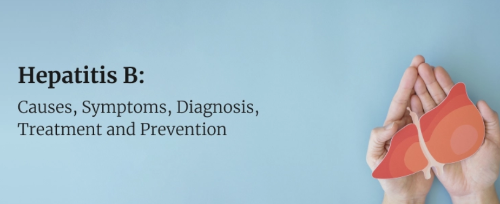Related searches

High Blood Pressure: Unveiling the Silent Threat
High blood pressure occurs when the force of blood against the walls of the arteries is consistently elevated. While occasional spikes in blood pressure are normal, persistent hypertension can damage blood vessels and organs over time, increasing the risk of cardiovascular disease and other life-threatening conditions. Hypertension is often asymptomatic, meaning many individuals may not be aware they have high blood pressure until complications arise. Regular blood pressure monitoring is crucial for early detection and intervention.
Risk Factors and Causes: Unraveling the Contributors to High Blood Pressure
Several factors contribute to the development of high blood pressure, including genetics, lifestyle choices, and underlying health conditions. Family history, age, obesity, sedentary lifestyle, excessive salt intake, and chronic stress are among the primary risk factors for hypertension. Additionally, conditions such as diabetes, kidney disease, and sleep apnea can exacerbate high blood pressure or increase the likelihood of its onset. By identifying and addressing these risk factors, individuals can take proactive steps to manage and mitigate their risk of hypertension.
Symptoms and Complications: Recognizing the Warning Signs of High Blood Pressure
While high blood pressure often presents with no noticeable symptoms, certain signs may indicate an acute hypertensive crisis requiring immediate medical attention. Symptoms such as severe headache, chest pain, vision changes, shortness of breath, and dizziness may indicate dangerously high blood pressure levels and potential organ damage. Additionally, chronic hypertension can lead to long-term complications such as heart disease, stroke, peripheral artery disease, and kidney damage if left untreated. Regular health screenings and check-ups are essential for monitoring blood pressure and identifying potential complications early.
Treatment and Management: Strategies for Controlling High Blood Pressure
Managing high blood pressure typically involves a combination of lifestyle modifications, medication, and ongoing monitoring under the guidance of a healthcare professional. Adopting a heart-healthy diet rich in fruits, vegetables, whole grains, and lean proteins, reducing sodium intake, maintaining a healthy weight, engaging in regular physical activity, and managing stress are key lifestyle interventions for controlling blood pressure. In cases where lifestyle changes alone are insufficient, antihypertensive medications may be prescribed to lower blood pressure and reduce the risk of complications.
Empowering Through Awareness and Prevention
High blood pressure represents a significant public health concern with far-reaching implications for individuals and communities worldwide. By increasing awareness of the risk factors, symptoms, and complications of hypertension, individuals can take proactive steps to monitor and manage their blood pressure effectively. Through lifestyle modifications, regular health screenings, and adherence to prescribed treatment regimens, the silent threat of high blood pressure can be effectively mitigated, leading to improved cardiovascular health, enhanced quality of life, and reduced risk of life-threatening complications.







